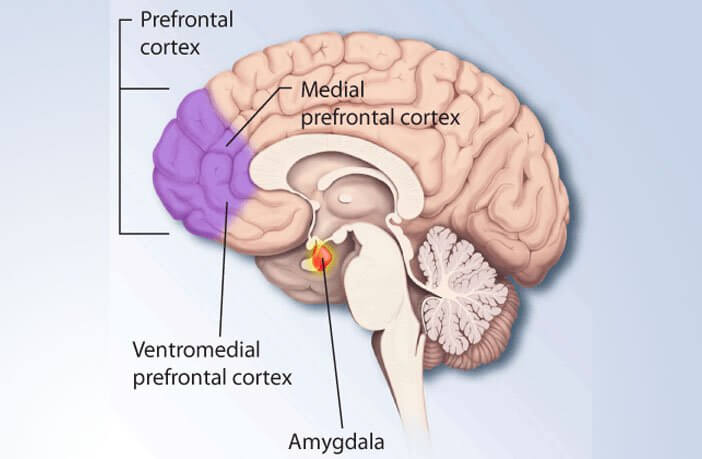Scientists found that damage in a certain part of the brain is linked to an increase in religious fundamentalism. In particular, lesions in the ventromedial prefrontal cortex reduced cognitive flexibility – the ability to challenge our beliefs based on new evidence.
The researchers, led by Jordan Grafman of Northwestern University, utilized data gathered from Vietnam War veterans as part of the Vietnam Head Injury Study. They compared levels of religious fundamentalism between 119 vets who had lesions and 30 veterans who didn’t.
How free these areas are from disease, in particular the part known as the dorsolateral prefrontal cortex, may determine a person’s mental openness – necessary to appreciate the “diversity of religious thought.” The prefrontal cortex was previously linked to having a cognitive function in spiritual experiences.

The researchers define fundamentalism as a cognitive approach that “embodies adherence to a set of firm religious beliefs advocating unassailable truths about human existence.“ They write in their paper that the appeal of such a rigid way of thinking is in promoting “coherence and predictability” within a religious group.
The GLP aggregated and excerpted this blog/article to reflect the diversity of news, opinion, and analysis. Read full, original post: Study Finds Link Between Brain Damage and Religious Fundamentalism































